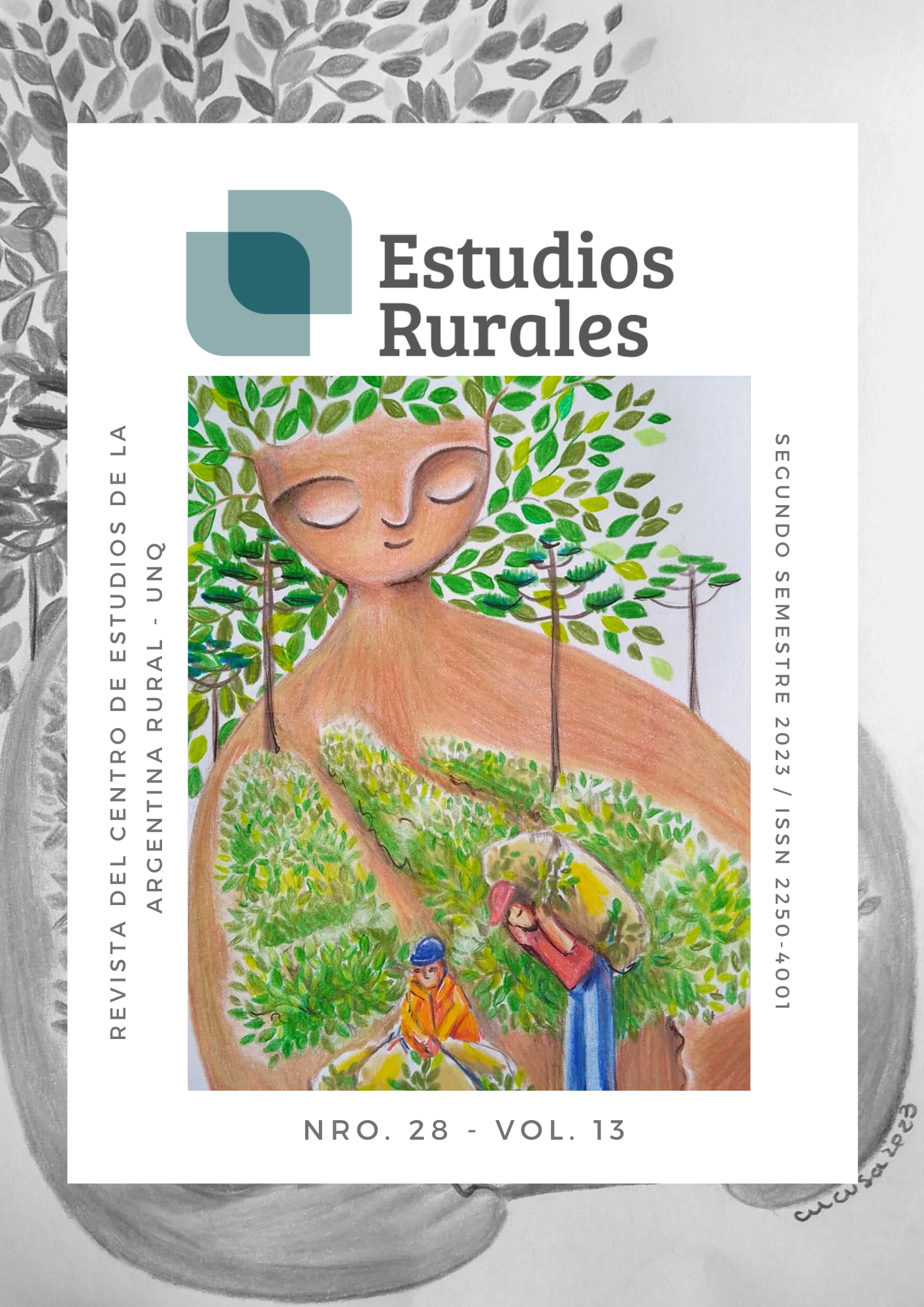Health, schooling and rurality in Chile and Argentina, late 19th and early 20th centuries
DOI:
https://doi.org/10.48160/22504001er28.536Keywords:
CHILE AND ARGENTINA, RURAL SPACES, MEDICINE, SCHOOLSAbstract
In recent years, the social history of health and illness has deepened its studies, taking as its epicentre the scenarios of the urban space. The scarcity of documents, their dispersion and the importance of the cities have meant that the countryside has not been studied with the same density as the cities. However, rural areas have gradually begun to attract the interest of researchers, contributing to the interweaving of the historical fabric of ruralities as cultural rather than geographical constructs. The aim of this dossier is therefore to contribute to research on rural health and education in Chile and Argentina from the late nineteenth to the mid-twentieth century, analysing public health policies, community representations of folk medicine and indigenous children, and the role of schools in health care. Under the protection of an interdisciplinary perspective, the proposal invites us to think about the problem from different methodological and conceptual positions in the field of social sciences.
Keywords: Chile and Argentina - Rural areas - Medicine - Schools


